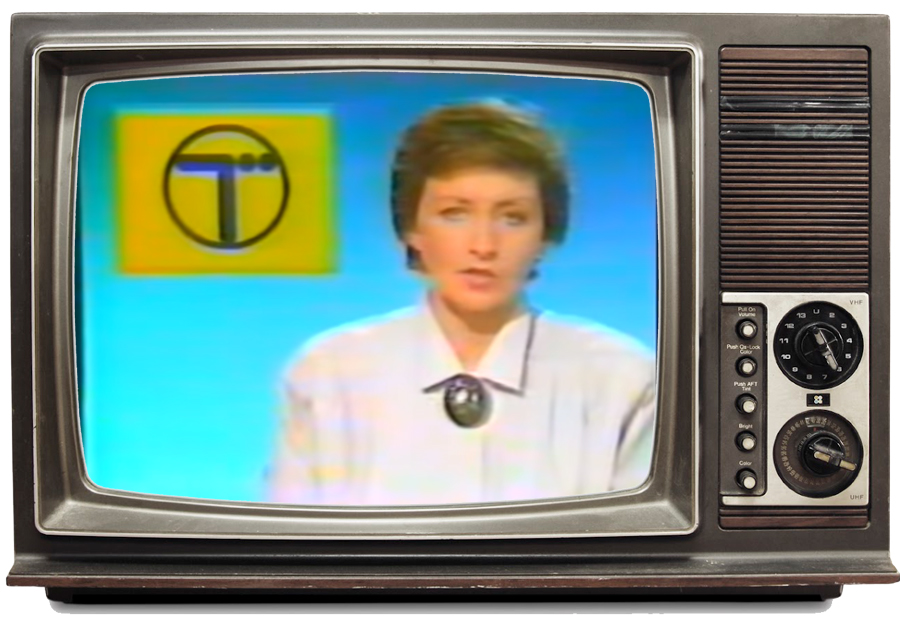BT Strike 1987
Category: History

In January 1987, an overtime ban over a dispute with BT on pay escalated into a full strike.
Over four weeks, BT was brought to a halt and faced a backlash in public opinion.
This course combines new and recent material with a wealth of archive footage from the time.
It was developed with the assistance of Mel Gorrie and Scott Taylor from the Scottish Regional Learning Committee.
If your branch has archive material you would like to add to this resource, please contact learn@cwu.org.
Video History
This video traces the BT Strike of 1987 and interviews some of those who were active at the time.
The video was made by Mel Gorrie and Scott Taylor of the Scottish Regional Learning Committee.
Memories From London
As an addendum to the video, here are the recollections of the dispute from two branch activists from London, Louis Smyth (London North West) and Paul Stygal (Romford External).
Louis Smyth: I was Assistant Sec (no facility time) and Martin was Branch Secretary. As a result of the Trade Union Act 1984, postal ballots came in that year and a moderate/ rightwing executive was elected. Experienced executive members were back at work. Tony Young was in Rayburn House, South Harrow. Pay negotiations did not go well and union had secured an overtime ban strike ballot over “strings”. I think the whole thing was a cock up.
Western London GM Davis and his HR manager Hayden called Subs Apps fitters in to see him, from Acton TSVC I think, and made them work overtime. The Acton staff refused to go out in the afternoon and called round other controls. By 3:00pm, radios were reporting engineers walking off the job all over Western London. Martin was at some meeting, so we took the decision to recommend staying at work rather than walking out (because it was too late in the day to do anything) and maintain the overtime ban on Saturday. We booked a union meeting in the civic centre for 1:00pm Monday. Prior to that, the “left” branches met Saturday afternoon and agreed to seek a strike recommendation from the Executive.
The six Western London branches met Davis and co Sunday afternoon and resolved nothing. On Monday, we went to work and were asked to “work normally” i.e. do overtime. We refused, and as expected we were sent home. People went to the meeting and a recommendation from floor came for all out strike. The meeting also took up a bucket collection and raised £2,000 so no one would be forced back to work. Harrow Civic Centre was packed, maybe 400-500, of a branch of about 600.
One rep had a girlfriend who worked for a large company and on a Sunday morning we accessed the print room and printed 600 copies of the settlement deal in about one hour. Martin had tried printing it on Harrow Labour’s offset litho machine and spent Friday and Saturday on it. We wanted a No Return To Work Recommendation. But Tony Young’s recomendation was return, as he claimed the strike was crumbling. As far as we were concerned, it wasn’t.
London North West was well organised; with hindsight some other branches were not. At the time, I believed we should merge branches for better organisation but now I think that was a mistake, producing large unmanageable branch areas. Golding took a lot of flack for the strike and resigned not long after. He was replaced by Tony Young.
As I say, the strike was mostly over not much – and an inexperienced executive. It should have been about privatisation or 32-hour, four-day week or even the bloody “Broad Strategy” (that’s years of my life I’ll not get back!). I found out much later, the Broad Strategy only was only really promoted by a few branches. Most only picked up on the shorter working week – and when BT said no, the whole thing collapsed. The gains for accepting new technologies were non-existent. We should be working three-day week now with 12 weeks holidays.
Paul Stygal: I was Branch Chair of Romford External at the time, with some facility time. As soon as the strike was going to start, the four branches’ officers in London East area got together to arrange our cover of the strike. I managed to obtain Romford Labour Party’s premises to use as a ‘command centre’ for all the officers. For the duration of the strike, we had someone staffing the phone in the office and the rest of us would go round to the picket lines to boost morale and judge the support. It was pretty solid where we were with scabs in single figures.
Lower management were pretty good about it. At the TSVCs, they were handing out old battens from cable drums and any old wood for the pickets to stoke the oil drum braziers. One or two even came out to the gate with trays of teas. Romford Labour Party provided us with printing of update leaflets for the four branches’ members, and reps arranged distribution of them.
We had to hire a hall for an all members meeting and it was packed to the rafters. We were strong for staying out, but most had the feeling we’d be sold down the river by Golding. Totally gutted when we got the call to end the strike, but some of the members were looking forward to the overtime to help make up for what they had lost.
Press Clippings
Remembering The Big Winter Strike
This article, by Charlie Pullinger, appeared in The Voice (March/ April 2017).
DownloadNCU Journal Special Issue – 22 January 1987
This special edition of the NCU Journal was issued on 22 January 1987
(Due to how these documents are archived, the inner edge of some pages might be cropped)
DownloadNCU Journal Special Issue – 30 January 1987
This special edition of the NCU Journal was issued on 30 January 1987.
(Due to how these documents are archived, the inner edge of some pages might be cropped).
DownloadNCU Journal – March 1987
This article appeared in the NCU Journal straight after the strike, in March 1987.
(Due to how these documents are archived, the inner edge of some pages might be cropped).
DownloadThe 100 Day Dispute In The Hundredth Year – March 1987
This article appeared in the NCU Journal straight after the strike, in March 1987.
(Due to how these documents are archived, the inner edge of some pages might be cropped).
DownloadNCU Journal – April 1987
Letter page from the NCU Journal discussing the strike in April 1987.
DownloadInternal Communications
Instruction To UCW Members
This was the instruction given to UCW members during the BT Strike in 1987.
DownloadLtB2799/87 BT Contract Of Employment & Industrial Action
This LtB was sent out to branches to explain the legal position of the contract of employment during the strike.
This document obviously refers to the labour law of the time.
Download




